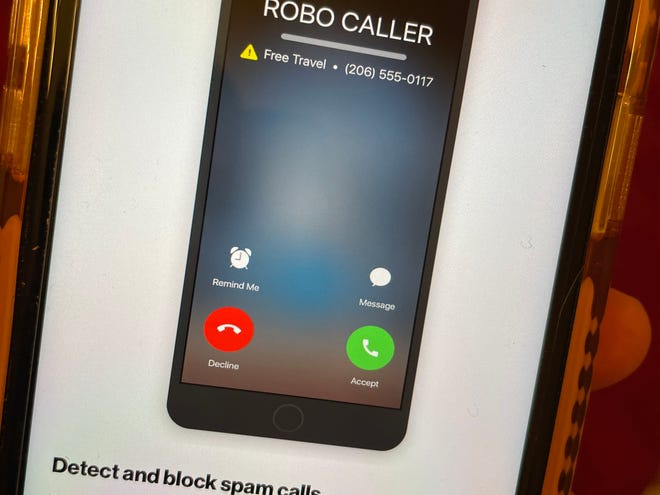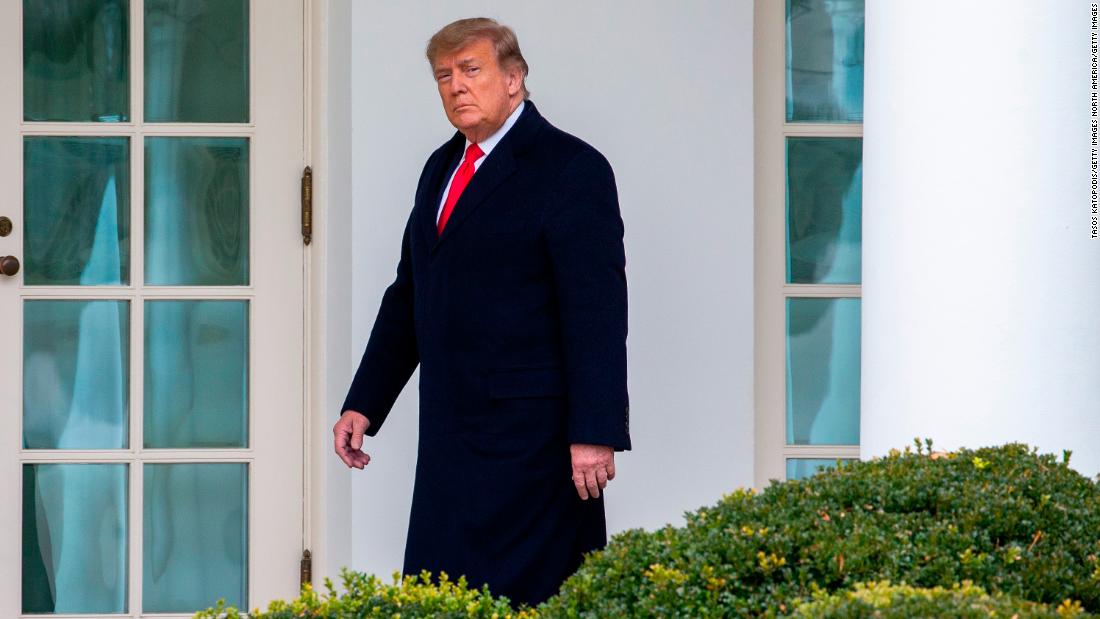Billions come through, despite efforts to block scammers
Is it protected to reply the cellphone? Short reply: No. It’s most likely a robocall spammer.
Sometimes, they declare Social Security Administration or the Internal Revenue Service is on the road. (They aren’t; neither service will ever threaten you or demand quick fee on the cellphone.) Or they name saying your automobile’s guarantee is expiring and that your bank card rate of interest may very well be lowered.
Three out of 4 Americans stated they had been focused by cellphone scammers during the last 12 months, finds a survey executed for Hiya, which offers cloud-based cellphone name efficiency administration companies for firms together with AT&T and Samsung.
The bombardment of robocalls, a lot of which come from scammers looking for to bilk you out of cash, has led many to merely not reply their cellphone when the caller is unknown.
And for good motive. On common, those that fall for rip-off calls lose $182, with some shedding greater than $500, in accordance to the survey of greater than 2,000 customers and 300 enterprise professionals carried out Dec. 23-29, 2020, for Hiya by market analysis agency Censuswide.
Apple Maps:App includes accident, speed trap reporting in iOS 14.5 update
True or false:You should reboot your computer every day
The robocall and rip-off name deluge has led many to simply keep away from answering their cellphone –about 94% of these surveyed stated they let unidentified incoming calls go unanswered. That comes at a time – through the coronavirus pandemic – when client and enterprise use of voice calls practically tripled, growing 184%, says Hiya’s “State of the Call 202” report.
“Businesses are using the voice call more than ever to reach customers and the public are picking up the phone to connect with friends, family and colleagues,” stated Hiya CEO Alex Algard within the report, out Friday. “At the same time, this crucial communication tool is being hijacked by hackers and scammers, exploiting our need to feel connected and informed.”
Robocalls carry on coming
The robocall bonanza exhibits no indicators of slowing. More than 4 billion robocalls focused telephones throughout the U.S. in January, a 3.7% enhance over the month of December, in accordance to YouMail, an organization that gives anti-robocall companies.
During January, robocalls averaged 129.5 million calls every day, in accordance to YouMail’s Robocall Index, or about 1,500 calls every second.
Robocalls did decline in 2020 because the COVID-19 pandemic resulted within the closing of some name facilities, YouMail says in its report. The estimated 45.9 billion robocalls to customers in 2020, nonetheless, was 50% greater than in 2017, the corporate says.
But the robocall volumes “appear to be resuming their slow journey back toward their pre-pandemic levels,” stated YouMail CEO Alex Quilici within the report. YouMail provides a free robocall blocking app for cell phones.
During the coronavirus pandemic, new sorts of cellphone scams have arisen together with those promising tests and cures, expedited stimulus funds and texts about COVID-19 support and pandemic tracing.
But most of the conventional scams stay tops and have extra targets since many Americans are at house and utilizing their smartphones as their predominant communications system for work and private calls.
“The reality of it is the fraudsters are always changing tactics,” said Hiya president Kush Parikh “They are always trying to figure how to pounce on whatever the latest trend is and obviously right now there’s fraud happening around vaccinations. There’s this cat-and-mouse game always happening.”
The harms of not answering
The amount of consumers not answering unidentified calls (94%) is significantly higher than a year ago (72%), Hiya found. It may seem counterintuitive, but that increased rate of unanswered calls can lead to more calls being initiated.
Businesses have expensive call centers, too, and when calls aren’t answered, “whether that’s customer service or sales … if people end up not answering those calls what do they end up doing? They call more,” Parikh said. “So legitimate businesses not just fraudsters are actually calling more because people are answering less.”
Public health can be impacted, too, as COVID-19 vaccine scams have more than doubled since September, Hiya’s data finds. Scammers can take advantage of interest in getting vaccinated – and confusion about the vaccination process – to lure victims.
Hiya estimates it saved its corporate and consumer customers about $2.3 billion in 2020. But that doesn’t take into account the lost time that scam victims spend extricating themselves from scams. Add that in and the lost funds and productivity to scam calls likely surpassed $10 billion last year, Parikh said.
Regulators, wireless providers and security companies have focused on blocking robocalls.
The Federal Communications Commission and Federal Trade Commission have fined phone companies allowing coronavirus-related robocall scams. The FTC has labored with the Justice Department to block illegal robocalls and the FCC is requiring cellphone firms to undertake new caller ID features by June 30, 2021. Those actions would fight “spoofing,” the place a false caller ID makes a name seem to be coming from a close-by location.

How to rebuff robocalls
- Hang up. If you reply the cellphone and listen to a recorded message, you may dangle up. It’s possible a scammer.
- Use name blocking know-how. Wireless suppliers together with AT&T, T-Mobile and Verizon have additionally adopted know-how to block calls from getting to customers, so test along with your supplier about potential name blocking options.
- Check the quantity. Remember, a scammer could make their name appear to be its coming from an area quantity.
- Read up on robocalls. For extra details about robocalls, rip-off calls and name blocking go to the FCC website and FTC website.
Follow Mike Snider on Twitter: @MikeSnider.




